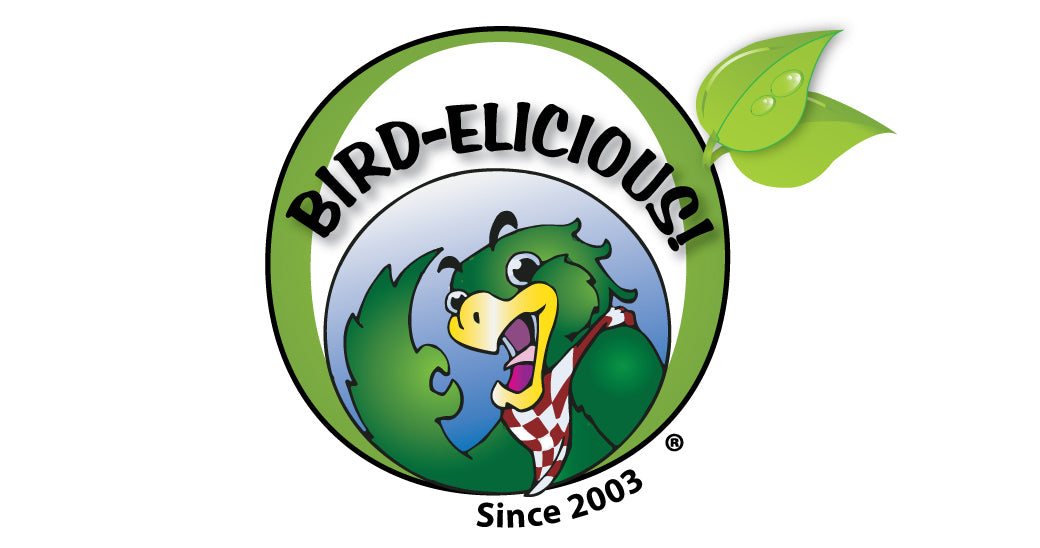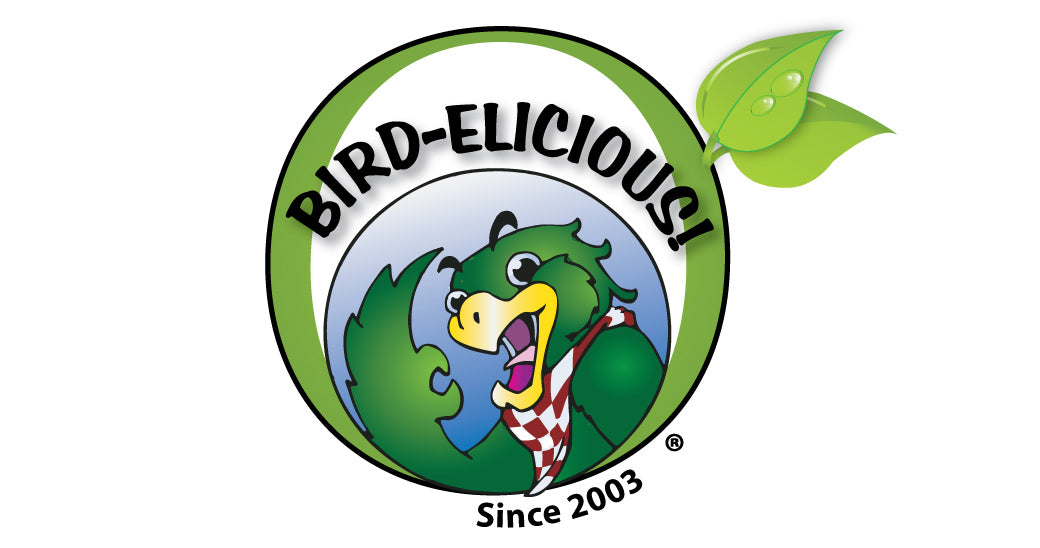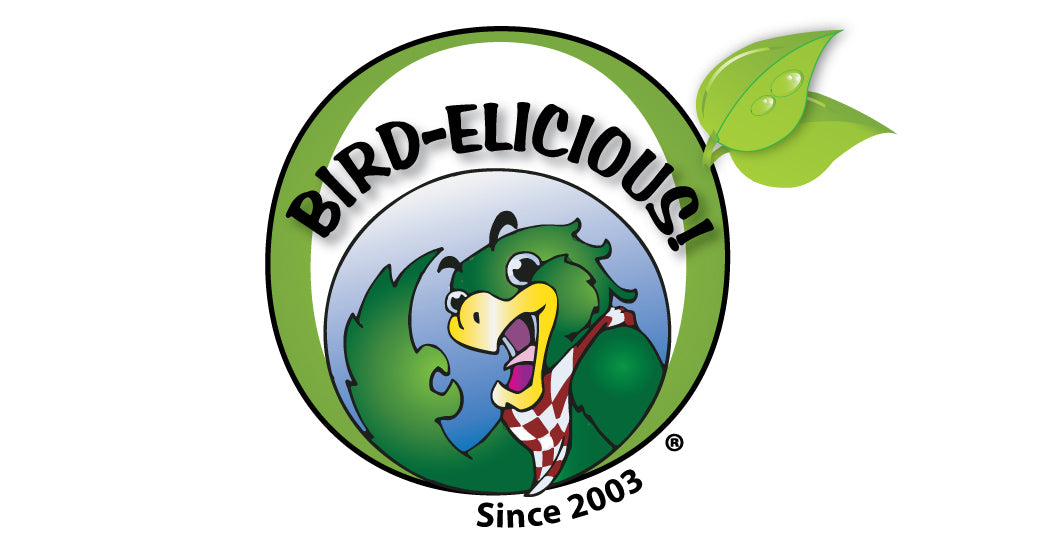Millet is actually a seed, not a grain. However it is known as one of the pseudograins along with quinoa and amaranth which I will be discussing at later dates. The seed of millet is produced from the grass of the plant after it matures and “goes to seed.” Originally cultivated in ancient Africa in the Neolithic Era, this seed has been used for thousands of years.
Millet is a gluten-free seed relatively high in protein, about 12%.
While I would never suggest feeding dry millet to our exotic birds, I do strongly suggest feeding this gluten-free seed in limited amounts to all birds who will consume it in sprouted form.
The variety most often found in bird stores is foxtail millet (Setaria italica). This is fine for sprouting. You want to find organic millet with the hull still intact. If the hull is not intact the seed will not sprout. Of course you can still use the hulled millet by simply soaking overnight, rinsing and serving, but most of us prefer to see that tiny tail! When we see that tail this is when the digestive enzyme “amylase” is at its peak and available to aid in the digestive of any starch contained within the seed.
Once sprouted, millet offers an exceptional amount of the amino acids lysine, tryptophan and methionine. Sprouting dramatically reduces the main “anti-nutrient” known as phytic acid that prevents the absorption of these amino acids as well as any available calcium and other minerals millet has to offer. Therefore when seeds, legumes and grains are sprouted the bioavailability of nutrients are increased multifold, even more so than when they are cooked due to the fact that cooking destroys digestive enzymes. Sprouting releases the enzymes which aids in overall bioavailability. All of the above-mentioned amino acids are difficult to introduce into our exotic birds through other foods, so introducing them by way of sprouted millet is a fun, easy and yummy way to do so! In addition to the increase of those three amino acids albumin and globulin are also increased in the sprouting process. These serum proteins are normally overlooked in the diet, but they are extremely important in maintaining a living creature’s system pH balance and have an overall effect on the entire respiratory system. Without enough albumin and globulin in the system the entire acid-balance and proper respiration will be thrown awry. In addition both of these serum proteins are key in the proper circulatory functions of the liver and kidneys.
Do take caution in the amount and frequency you feed sprouted millet to your bird(s) though. Millet is a “goitrogen” meaning it affects the production of thyroid hormones. It limits the production of thyroid hormones and may potentially cause “hypothyroidism”, lack of thyroid hormones. This can be especially concerning for African Greys. Other goitrogenic foods are all of the cruciferous vegetables.
Please remember to use all of our sprouting guidelines and precautions as found in our “Sprouting Basics” files here: https://www.facebook.com/groups/444403649053959/449952525165738 and here: https://www.facebook.com/groups/444403649053959/494955133998810 .
(Ref: http://www.thekitchn.com/good-grains-what-is-millet-67713; http://www.ncbi.nlm.nih.gov/pubmed/8153070; http://wholegrainscouncil.org/whole-grains-101/photos-of-different-millets; http://superhumancoach.com/benefits-of-sprouted-organic-quinoa-amaranth-or-millet; http://europepmc.org/abstract/med/2045713; http://www.ncbi.nlm.nih.gov/pmc/articles/PMC3295983)
©2015.9.19 Machelle Pacion Passion Tree House LLC All Rights Reserved




Leave a comment (all fields required)